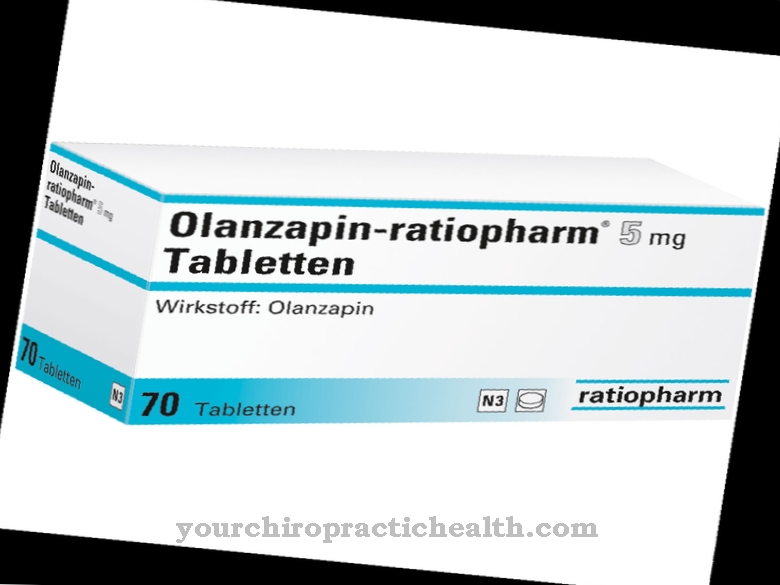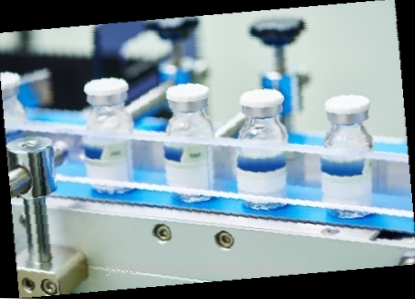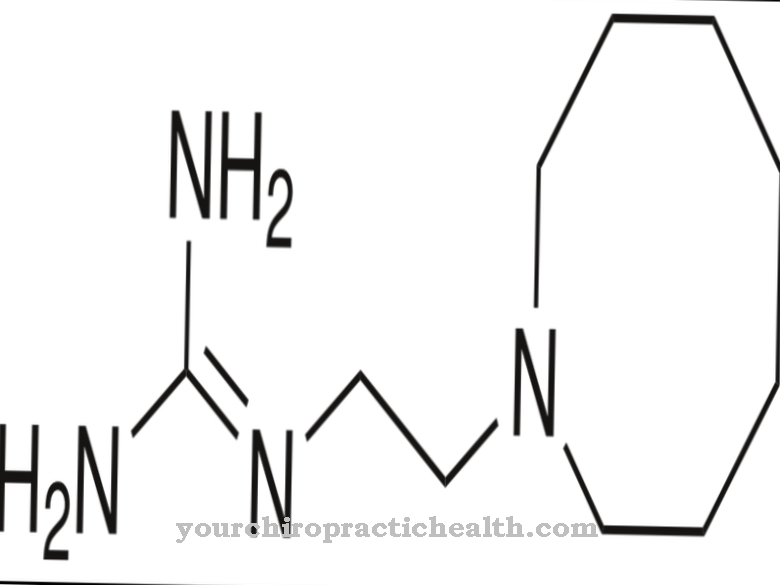The medicinal substance Penciclovir is used as a virostat for the therapy of herpes infections. From a chemical point of view, it is a compound that has functional and structural similarities to guanine. Penciclovir is approved in the USA and Europe including the German-speaking countries (Germany, Austria, Switzerland).
What is penciclovir?
Penciclovir is an analog of guanine. This means that from a chemical and pharmacological point of view, penciclovir is very similar in functional and structural terms to the nucleobase guanine. These similarities have implications for the mechanism of action.
Penciclovir is used as an antiviral agent to treat simplex-type herpes infections. The medicinal substance has a moral mass of 253.26 g / mol, which corresponds to a chemical formula of C 10 - H 15 - N 5 - O 3. The substance, which is solid at regular room temperature, is water-soluble and is mostly sold as an ointment for external use only on the face.
In Europe, penciclovir is mandatory for pharmacies. Medicines that contain the active ingredient can therefore only be purchased from licensed pharmacies. However, penciclovir is not subject to a prescription.
Since the manufacturer Novartis, a Swiss pharmaceutical company based in Basel, is the sole owner of the patent, there are no generics. Distribution is therefore carried out exclusively by Novartis. However, different trade names are used, which vary depending on the dosage and the country of distribution (e.g. Fenivir®, Denavir® or Fenistil®).
Pharmacological effect on the body and organs
The effects of penciclovir can be described as antiviral. The substance is therefore effectively able to kill specific viruses that cause infectious diseases. Because of these effects, penciclovir is one of the antivirals.
However, it can only be used against the herpes simplex viruses, since there is no relevant effectiveness against other forms of the virus.
Penciclovir is also a so-called prodrug. As a result, the drug itself is not directly effective. Rather, it is converted in the body through metabolism into the related substance penciclovir triphosphate, which then brings about the antiviral effects. The penciclovir triphosphate inhibits the replication of the virus DNA by preventing the polymerase of the DNA.
From a pharmacological point of view, it should also be emphasized that penciclovir has a much longer half-life compared to other herpes drugs such as acyclovir.
It has been shown in the literature that penciclovir is able to reduce the symptoms of a herpes infection (e.g. lesions on the lip) within half a day when used properly.
Medical application & use for treatment & prevention
Penciclovir is sold exclusively for local use in the form of ointments or creams. These are applied directly to the cold sores. However, it may only be applied to the face.
The exact dosage depends on numerous factors, which is why it does not always have to be identical. As a rule, however, an application every two hours is recommended. It is important to apply the medication with the cleanest possible fingers to prevent further infections. The average duration of treatment is four days.
The preparations sold in German-speaking countries are subject to pharmacy but not prescription requirements. They can therefore also be acquired without a prior medical prescription.
Risks & side effects
Since penciclovir is a medicinal substance, there may be risks and side effects even with proper use of the cream or ointment. In principle, however, the active ingredient is considered very safe. The substance has been tested on well over 1,000 test persons in numerous studies.
It was found that some patients had skin reactions after the application. These manifested themselves as redness, a stinging feeling, local (not temporary) numbness and a moderate to severe burning sensation. If these side effects occur, use should be avoided. A doctor should be contacted to agree on how to proceed.
There are no known interactions between penciclovir and other drugs. The attending physician must, however, be informed of all medication taken.
Furthermore, penciclovir must not be taken if there is a contraindication. A contraindication is used when treatment with the active substance should be avoided from a medical point of view because there are contraindications that lead to dangers. This is the case with penciclovir if an allergy or intolerance is known.
The cream is also only suitable for the external treatment of the face. So penciclovir should not be applied to the eyes or genital area.


























